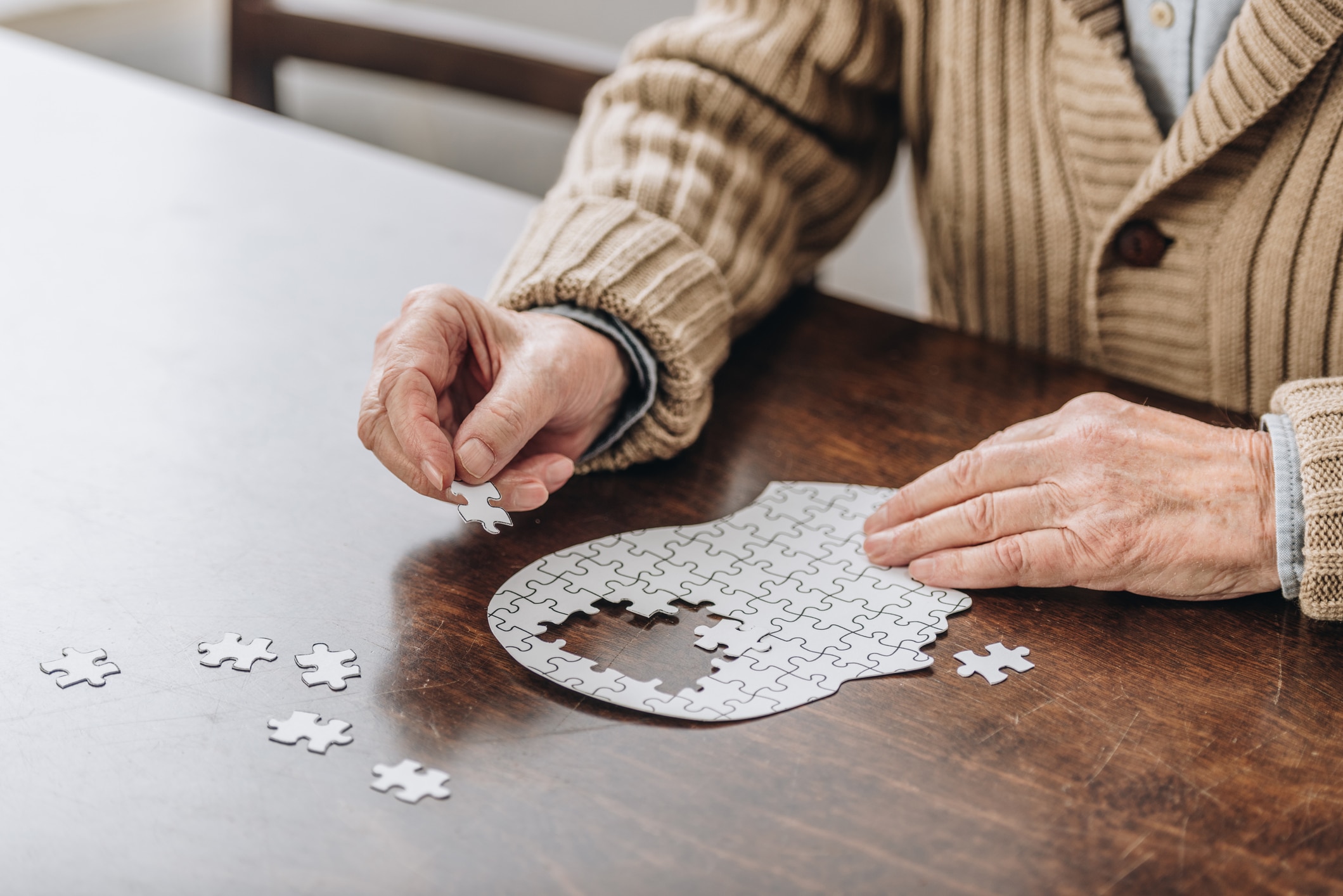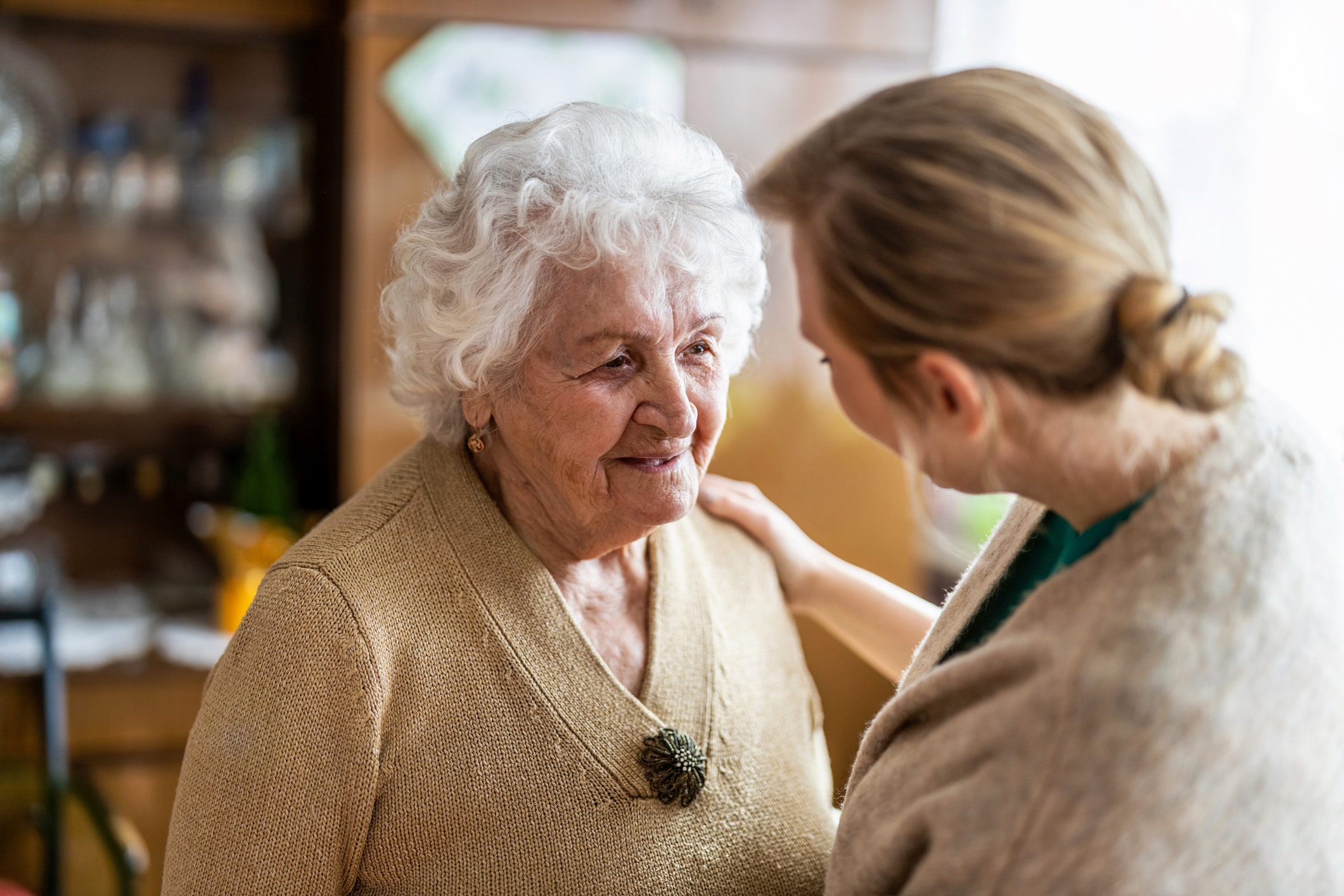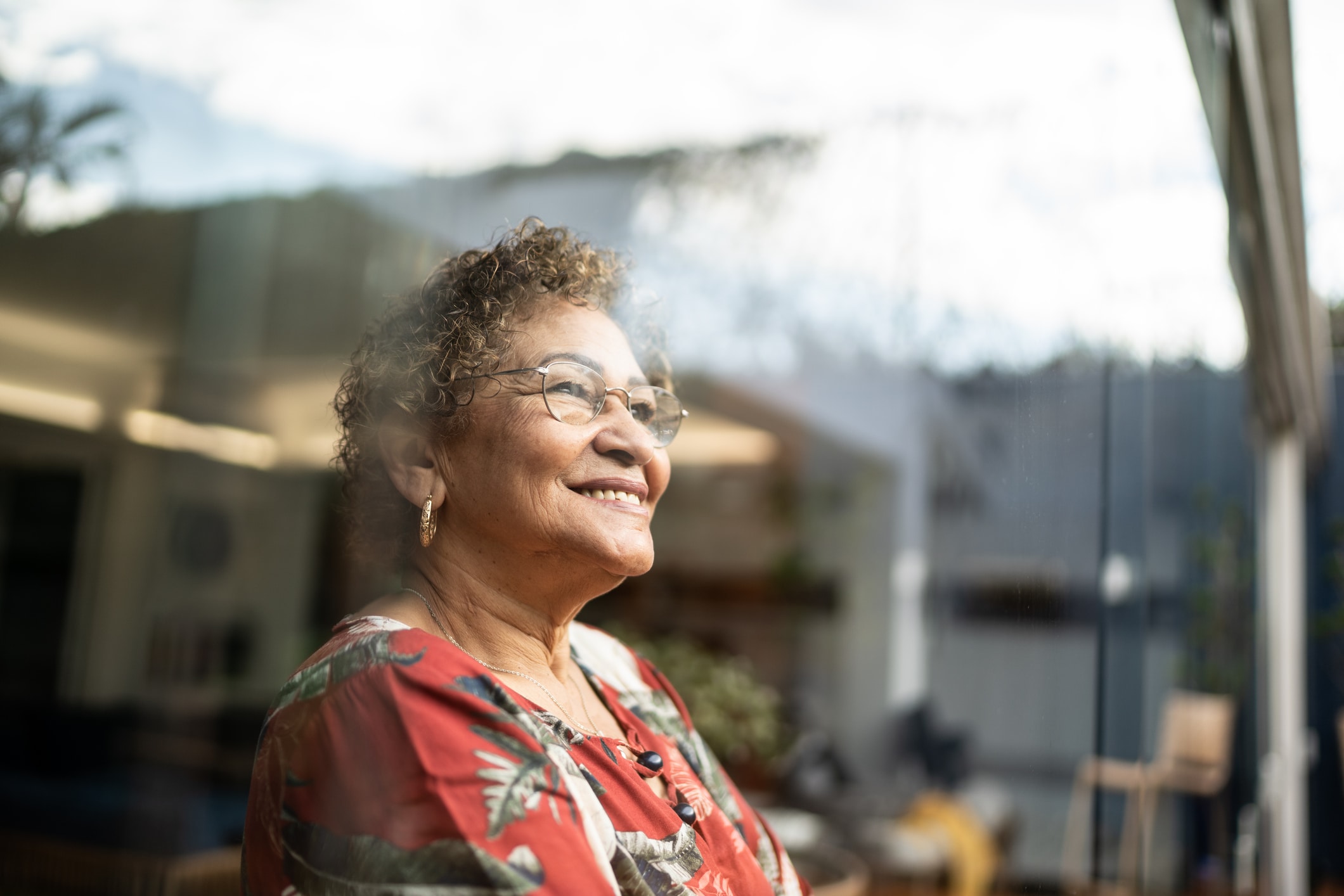
Retirement is a significant life transition that can bring about a range of emotions and changes, both positive and challenging. It's a time when over 55s have the opportunity to pursue personal interests, spend more time with loved ones, and explore new activities. However, retirement can also lead to a shift in identity and feelings of having lost something, uncertainty, and a shift in identity. As retirees transition from a structured work life to a more flexible schedule, it's common to experience a problem when it comes to retirement mental wellness.
Understanding the changes of retirement on mental wellness is crucial for maintaining a positive mindset in this new phase of life. By exploring strategies that promote emotional well-being, retirees can navigate the challenges and embrace the opportunities that come with retirement. In this guide, we'll delve into various aspects of mental wellness in retirement and provide actionable strategies for cultivating a positive mindset in the Village.

Understanding the Challenges of Retirement
Retirement can be a time of significant change, and it's important to acknowledge the emotional challenges that can arise. Here are some of the common issues over 55s may face:
Loss of Identity
One of the most common challenges retirees face is a loss of identity. After spending decades in a specific role or profession, retirement can lead to a sense of not knowing who they are outside of their work. This loss of identity can trigger feelings of purposelessness and self-doubt, impacting their mental well-being.
Social Isolation
Retirement often results in a significant change in social interactions. The daily interactions with colleagues and the sense of belonging to a work community are no longer present. This shift can lead to feelings of loneliness and isolation, especially for those who rely on work for social connections.
Changes in Routine
The structured routine provided by a career is replaced by a more open and unstructured schedule in retirement. While the freedom can be liberating, it can also be disorienting for retirees who thrive on a structured daily routine. This change can disrupt their sense of stability and purpose.
Financial Concerns
For some retirees, financial worries can be a significant source of stress. The transition from a regular income to relying on retirement savings and pensions can create anxiety and uncertainty about the future, impacting their overall mental well-being.
Health and Wellness
Retirement can also bring about changes in physical health and wellness. Without the structure of a work routine, some retirees may struggle to maintain healthy habits and stay physically active, which can negatively impact their mental and emotional well-being.

The Impact of Mental Health on Retirement Happiness

The impact of mental health on retirement happiness cannot be overstated. Research has shown that mental well-being directly influences overall satisfaction and contentment during the retirement years. A positive mindset and emotional resilience play a crucial role in determining how over 55s experience this phase of life.
Prioritising Mental Well-Being in Retirement
Retirees need to prioritise their mental well-being to enhance their overall happiness and satisfaction. Taking proactive steps to address emotional challenges and nurture mental wellness can lead to a more fulfilling and enjoyable retirement experience.
Cultivating a Positive Mindset
Practising gratitude, engaging in mindfulness activities, and seeking opportunities for personal growth and development can contribute to a positive mindset in retirement. These practices can help retirees navigate the emotional changes and maintain a sense of purpose and fulfilment.
Building Social Connections
Fostering retirement village social connections and building a supportive network can mitigate feelings of isolation and loneliness. Connecting with like-minded retirees, participating in group activities, and volunteering can enhance social well-being and positively impact mental health.
The Hub at Waikerie Lifestyle Village is purposefully designed to cultivate meaningful connections among neighbours. Residents are encouraged to frequent this space, fostering social bonds and community spirit.
Embracing Physical Wellness
Prioritising physical health and wellness through regular exercise, healthy eating, and preventive healthcare measures can have a positive impact on mental well-being. Maintaining a healthy lifestyle can promote emotional resilience and overall satisfaction in retirement.
Join fellow residents at the Hub for invigorating activities like yoga or line dancing, or explore the Village grounds and picturesque River Murray on foot or by bicycle to stay active and connected with nature.
By acknowledging the interplay between mental health and retirement happiness and implementing strategies to prioritise mental well-being, retirees can cultivate a positive mindset and embrace this new phase of life with optimism and fulfilment.

Creating a Supportive Environment in Retirement
Retirement lifestyle communities, like retirement villages, play a crucial role in promoting retirement mental wellness among their residents by fostering a supportive environment.
Social Activities
Retirement lifestyle communities provide a wealth of social activities and events that encourage socialisation and engagement among residents. These activities can range from group fitness classes and hobby clubs to communal meals and cultural outings. By participating in these social events, retirees can build meaningful connections, combat social isolation, and experience a sense of belonging within the community, all of which are vital for mental wellness.
Peer Support
Living in retirement lifestyle communities also offer an opportunity for peer support that suburban housing does not. Residents can connect, share experiences, and offer mutual encouragement with like minded neighbours that they’re surrounded by at a village. This peer support network can provide a sense of camaraderie, validation of shared experiences, and emotional support, which can significantly contribute to positive mental well-being.
Waikerie Lifestyle Village serves as a foundation for promoting mental wellness to residents by offering increased opportunities for social engagement and fostering retirement community connection. These elements form a supportive environment that can positively impact the mental well-being of retirees, contributing to a fulfilling and enriched retirement experience.

Engaging in Meaningful Activities

As retirees transition into this new phase of life, engaging in meaningful activities is essential for maintaining mental stimulation and a sense of purpose. Here are some mental health tips for retirees and suggested activities to enhance their mental well-being and stay engaged within the retirement village and broader community:
Explore Lifelong Learning Opportunities
Continuing to learn and explore new interests can be incredibly fulfilling in retirement. Many retirement villages, retirement lifestyle communities, and some retirement villages offer classes and workshops on a variety of subjects, such as art, music, literature, and technology. By engaging in lifelong learning, retirees can stimulate their minds, stay intellectually active, and connect with others who share similar interests, fostering a sense of purpose and continued personal growth.
Volunteering and Community Involvement
Getting involved in volunteer work and community activities can provide a sense of fulfilment and contribute to mental well-being. Contributing to the well-being of others and making a positive impact can bring a sense of purpose and satisfaction, enhancing overall mental wellness.
Pursuing Creative Hobbies
Encouraging retirees to explore and pursue creative hobbies can be instrumental in maintaining mental wellness in retirement. Whether it's painting, gardening, writing, or crafting, engaging in creative pursuits allows over 55s and retirees to express themselves, reduce stress, and experience a sense of accomplishment. Creative activities can serve as a form of self-expression and provide an outlet for emotional fulfilment and mental relaxation.
At Waikerie Lifestyle Village, residents can enjoy the amenities of a Men’s Shed, fostering creativity and community through shared hobbies. Each home is complemented by a small, blank canvas yard, allowing residents the opportunity to personalise their outdoor space according to their interests and preferences.
Connecting with Nature
Spending time outdoors and connecting with nature can have profound benefits for mental well-being. Many retirement villages have green spaces, walking trails, or gardening areas where residents can immerse themselves in the natural environment. Engaging in activities like gardening, birdwatching, or nature walks can promote relaxation, reduce anxiety, and foster a sense of connection with the world around them, contributing to a more positive mindset.
Residents at Waikerie Lifestyle Village are privileged to have easy access to the serene beauty of the River Murray and Harts Lagoon, both just a leisurely stroll away across the road. This proximity offers residents unparalleled opportunities to enjoy the natural landscapes and tranquil waters that enhance their quality of life.
Participating in Physical Activities
Encouraging regular physical activity is crucial for maintaining both physical and mental wellness. Retirement lifestyle communities often offer fitness classes, yoga sessions, and group exercise programs tailored to the needs of older adults. Engaging in these activities not only promotes physical health but also releases endorphins, which can help boost mood and alleviate stress, contributing to overall mental well-being.

Overcoming Common Mental Health Issues in Retirement

Retirement is a significant life transition that can bring about various mental health challenges. It's important to address these issues and provide strategies for managing and overcoming them to ensure a fulfilling retirement experience.
Keeping connected
A sense of loneliness and isolation can be experienced by retirees, especially for those who have experienced significant changes in their social networks. Retirement lifestyle communities address this by facilitating social gatherings, events, and communal experiences to encourage social interaction and a sense of belonging. Creating opportunities for residents to form meaningful connections through shared interests and hobbies can promote a sense of community.
Participation in community activities can also provide retirees with a sense of purpose and connection to the broader community, further reducing feelings of loneliness.
By being involved with a supportive environment, retirement lifestyle villages can effectively address and overcome common mental health concerns experienced by retirees, ultimately contributing to a fulfilling and enriched retirement experience for the whole community.

Prioritising Mental Wellness in Waikerie Lifestyle Village

Prioritising mental well-being in retirement is essential for ensuring a fulfilling and satisfying experience, especially in a village setting. Engaging in creative hobbies, connecting with nature, participating in physical activities, and connecting regularly with like-minded neighbours all contribute to maintaining emotional well-being and a positive mindset.
By fostering social interaction, retirement villages play a vital role in overcoming retirement challenges and creating a sense of community and purpose for their residents.
As you plan for retirement, consider the significant impact that prioritising mental wellness can have on your overall satisfaction and happiness. Explore vibrant retirement lifestyle communities such as Waikerie Lifestyle Village, where fostering connections is at the heart of our community ethos. Embrace a fulfilling retirement experience in an environment designed to enhance mental wellness and overall well-being.
For more information on Waikerie Lifestyle Village, visit https://waikerielifestylevillage.com.au/ or call 1300 435 094.
